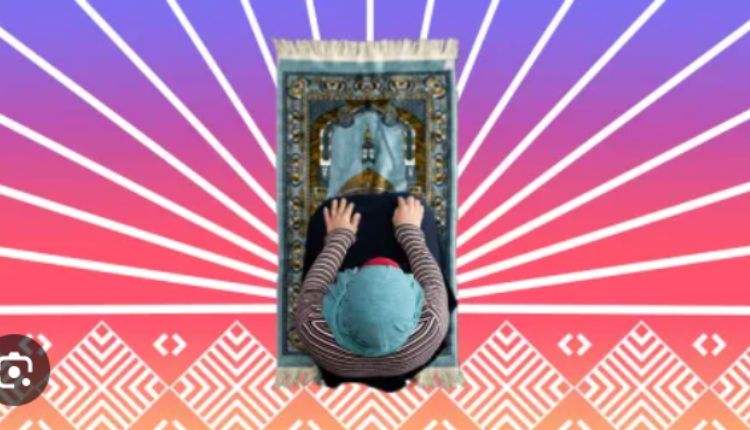Introduction:
The decision to embrace a new faith is a deeply personal and transformative experience. For those seeking how to become muslim, it marks the beginning of a profound spiritual journey towards enlightenment and connection with the Divine. This article aims to provide a comprehensive guide on how to become a Muslim, exploring the essential steps, understanding the core beliefs, and highlighting the significance of this life-changing decision.
Discovering Islam:
Before delving into the process of conversion, it is crucial to gain an understanding of Islam’s teachings and principles. Islam is a monotheistic Abrahamic religion that originated in the Arabian Peninsula in the 7th century. Its followers, known as Muslims, believe in the oneness of Allah (God) and consider the Quran as the final and unaltered revelation from Him. The life and teachings of Prophet Muhammad (peace be upon him) serve as a model for Muslims to follow in their daily lives.
Education And Knowledge:
Education is the cornerstone of any spiritual journey, and embracing Islam is no exception. Begin by reading translated versions of the Quran, Islamic literature, and books on the life of Prophet Muhammad. Take advantage of online resources, attend local Islamic classes, or engage in discussions with knowledgeable Muslims to deepen your understanding of the faith.
Seeking Guidance:
To embrace Islam, it is essential to declare the Shahada (the Islamic declaration of faith), which states: “There is no god but Allah, and Muhammad is His messenger.” However, before doing so, seek guidance from knowledgeable individuals, such as an Imam (Islamic religious leader) or a reputable scholar, who can answer any questions you may have and provide support on your journey.
Embracing The Five Pillars Of Islam:
The Five Pillars of Islam form the foundation of a Muslim’s faith and practice:
- Shahada: As mentioned earlier, it is the declaration of faith and the first step towards embracing Islam.
- Salah: This refers to the five daily prayers that Muslims perform, connecting them with Allah and seeking His guidance and blessings.
- Zakat: Zakat is the act of giving to charity, purifying one’s wealth, and helping those in need.
- Sawm: Observing fasting during the holy month of Ramadan, from sunrise to sunset, is an act of self-discipline, empathy, and spiritual growth.
- Hajj: The pilgrimage to Mecca is obligatory for financially and physically capable Muslims at least once in their lifetime.
Embracing Islamic Morals And Ethics:
Islam places significant emphasis on ethical behavior and moral conduct. Strive to embody qualities such as compassion, honesty, patience, humility, and forgiveness in your interactions with others. Develop a strong sense of community and engage in acts of kindness and service to those around you.
Conclusion:
Embracing Islam is a life-changing journey that involves self-discovery, spiritual growth, and a deepening connection with the Divine. By seeking knowledge, guidance, and actively practicing the Five Pillars of Islam, one can embark on this transformational path towards enlightenment and inner peace. The beauty of Islam lies in its inclusivity, providing a sense of belonging and purpose to those who choose to embrace it.
FAQs:
- What is the significance of the Shahada in becoming Muslim?
The Shahada is the foundational statement of faith in Islam. By sincerely reciting and believing in the Shahada, an individual professes their belief in the oneness of Allah and the prophethood of Muhammad. This declaration is essential because it signifies a conscious decision to enter the fold of Islam and become a part of the Muslim community.
- Do I need to learn Arabic to become a Muslim?
While learning Arabic can enhance your understanding of the Quran and Islamic literature, it is not a requirement to become a Muslim. Many resources are available in different languages to facilitate learning and practicing Islam. What matters most is sincerity in your faith and commitment to learning and living according to Islamic principles.
By following the guidance in this article, individuals interested in embracing Islam can begin their journey towards enlightenment, inner peace, and a meaningful relationship with Allah. Remember that the path of faith is personal, and every step taken in this journey is an opportunity for spiritual growth and understanding.

